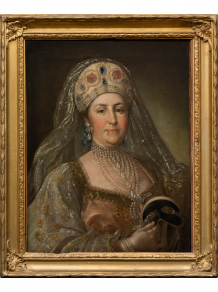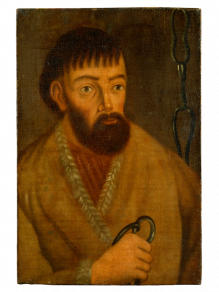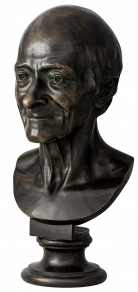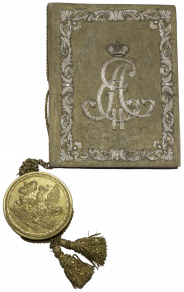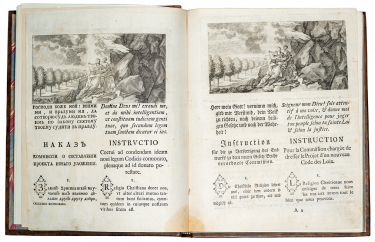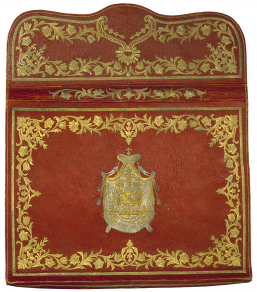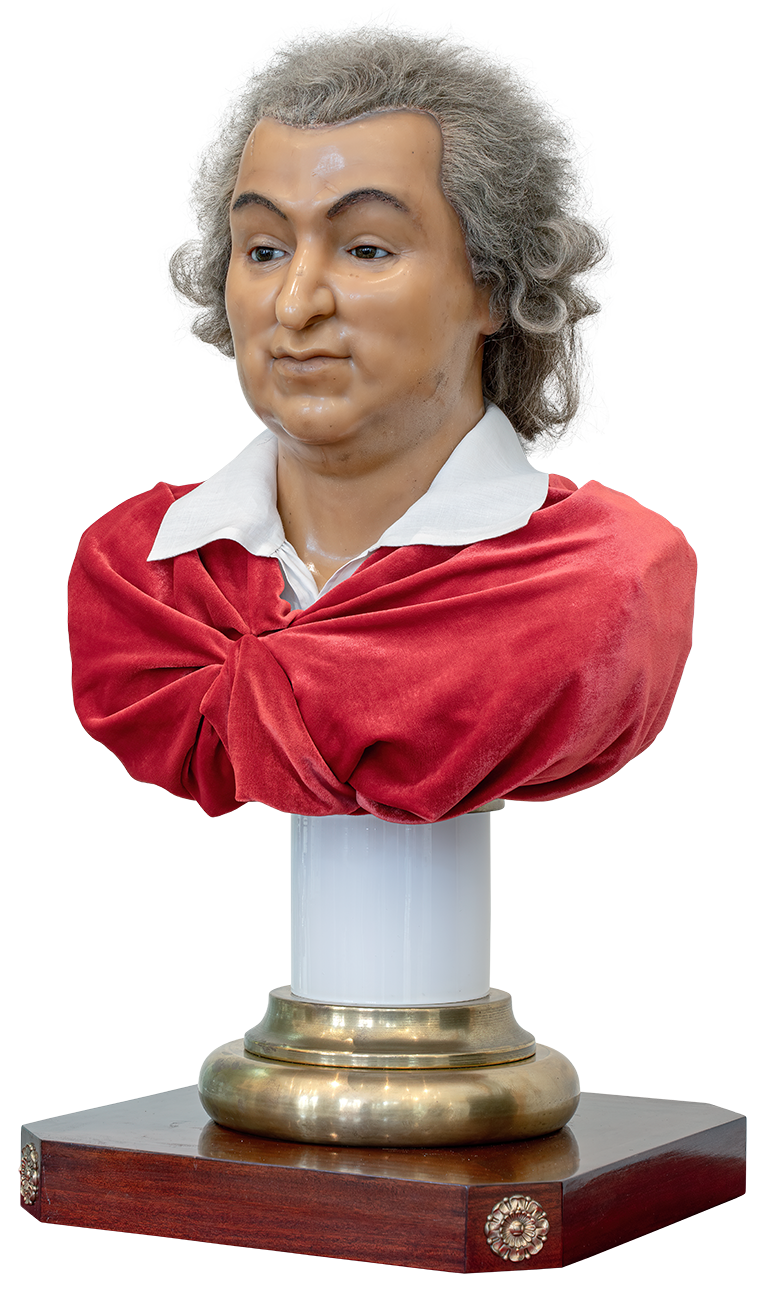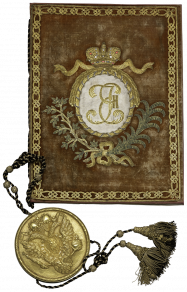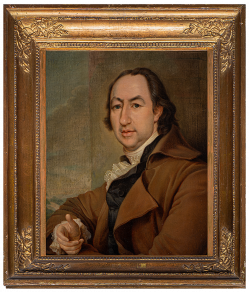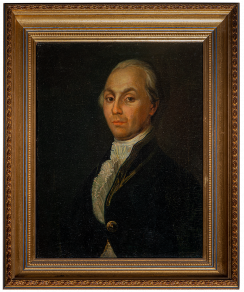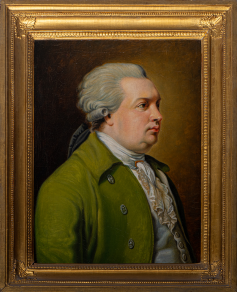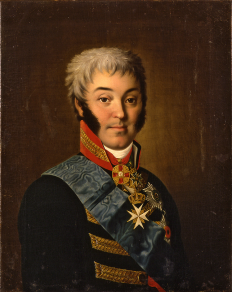Russia in the second half of the 18th century. «The Enlightened absolutism» of Catherine II
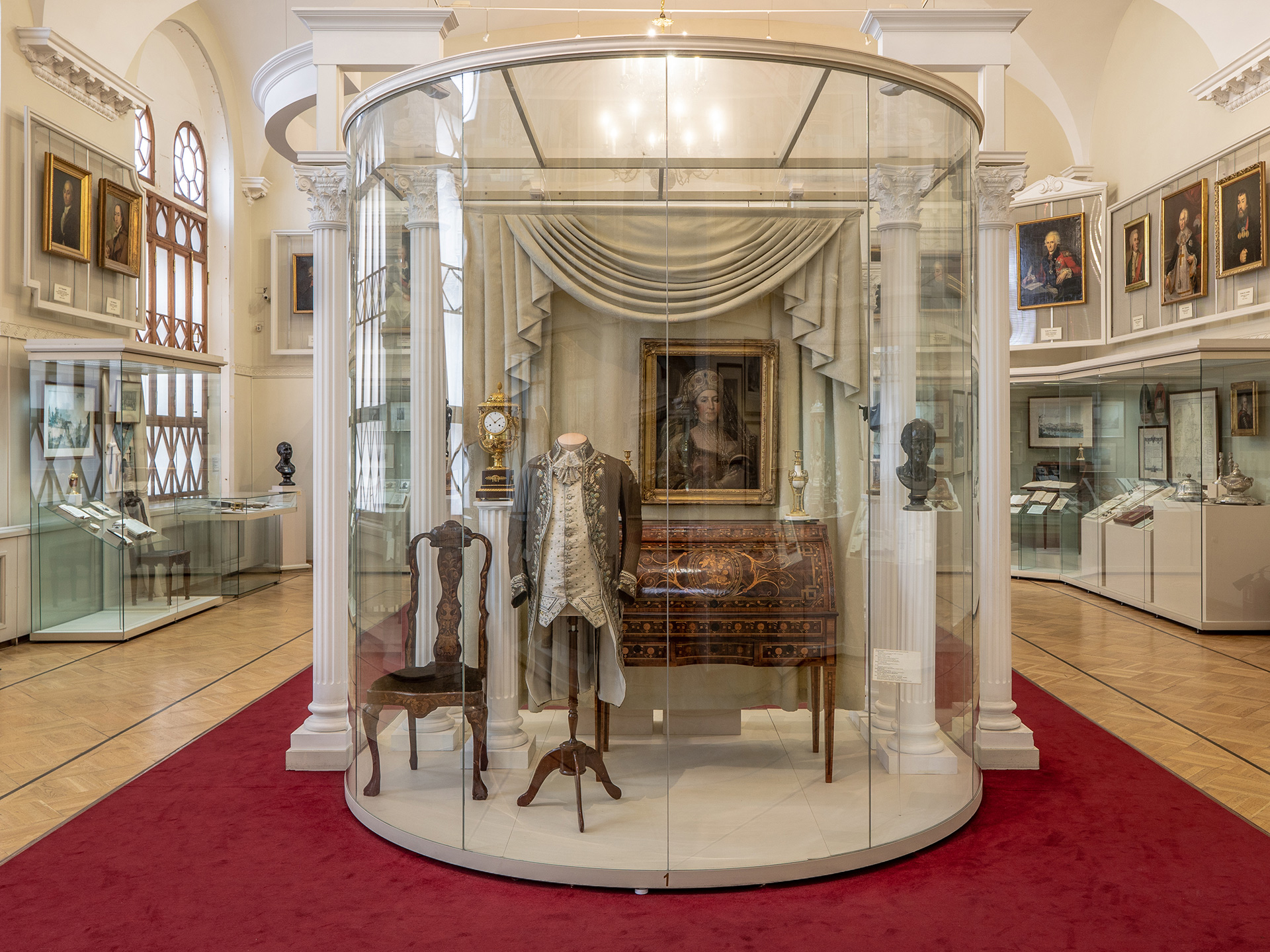
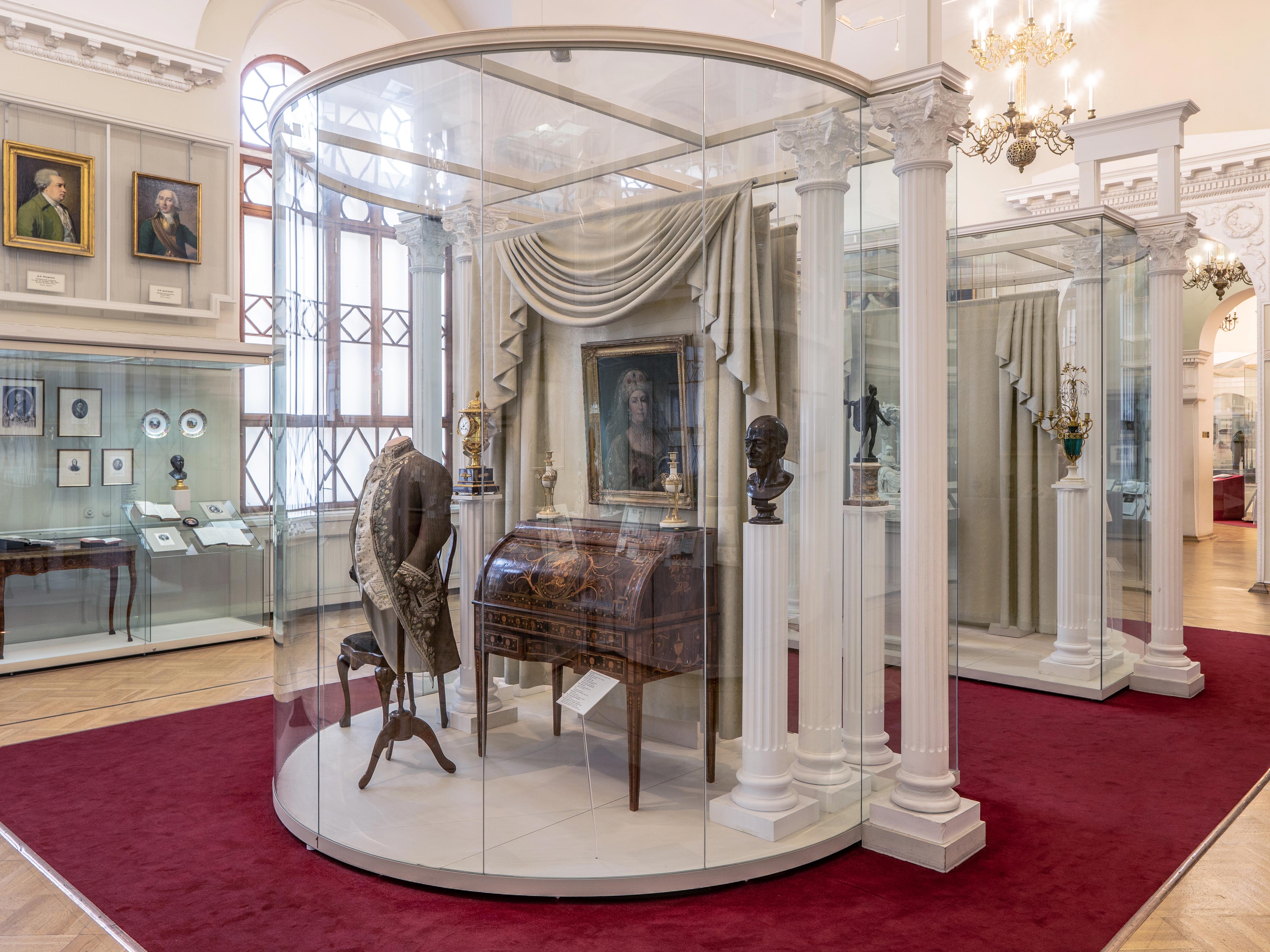
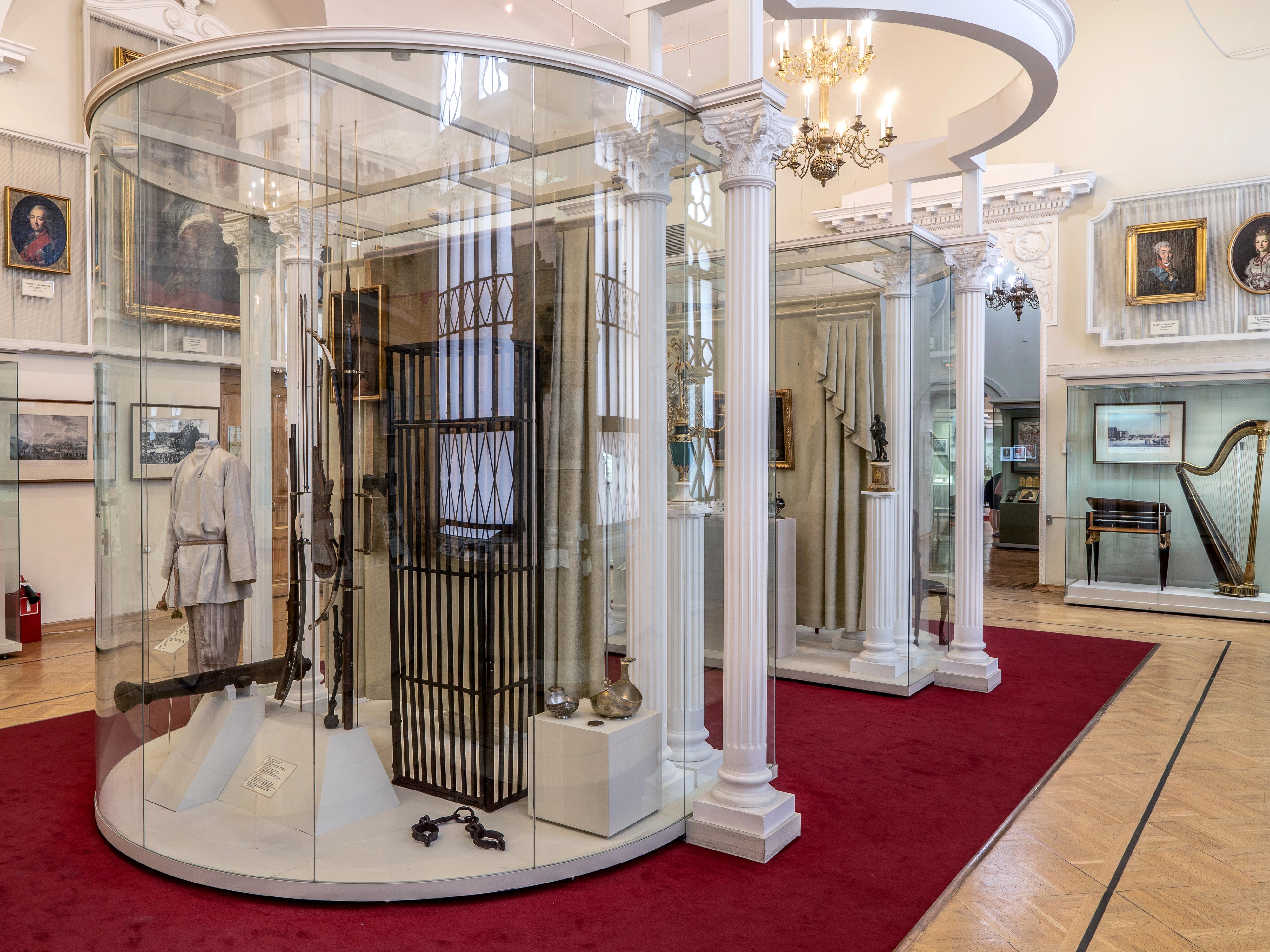
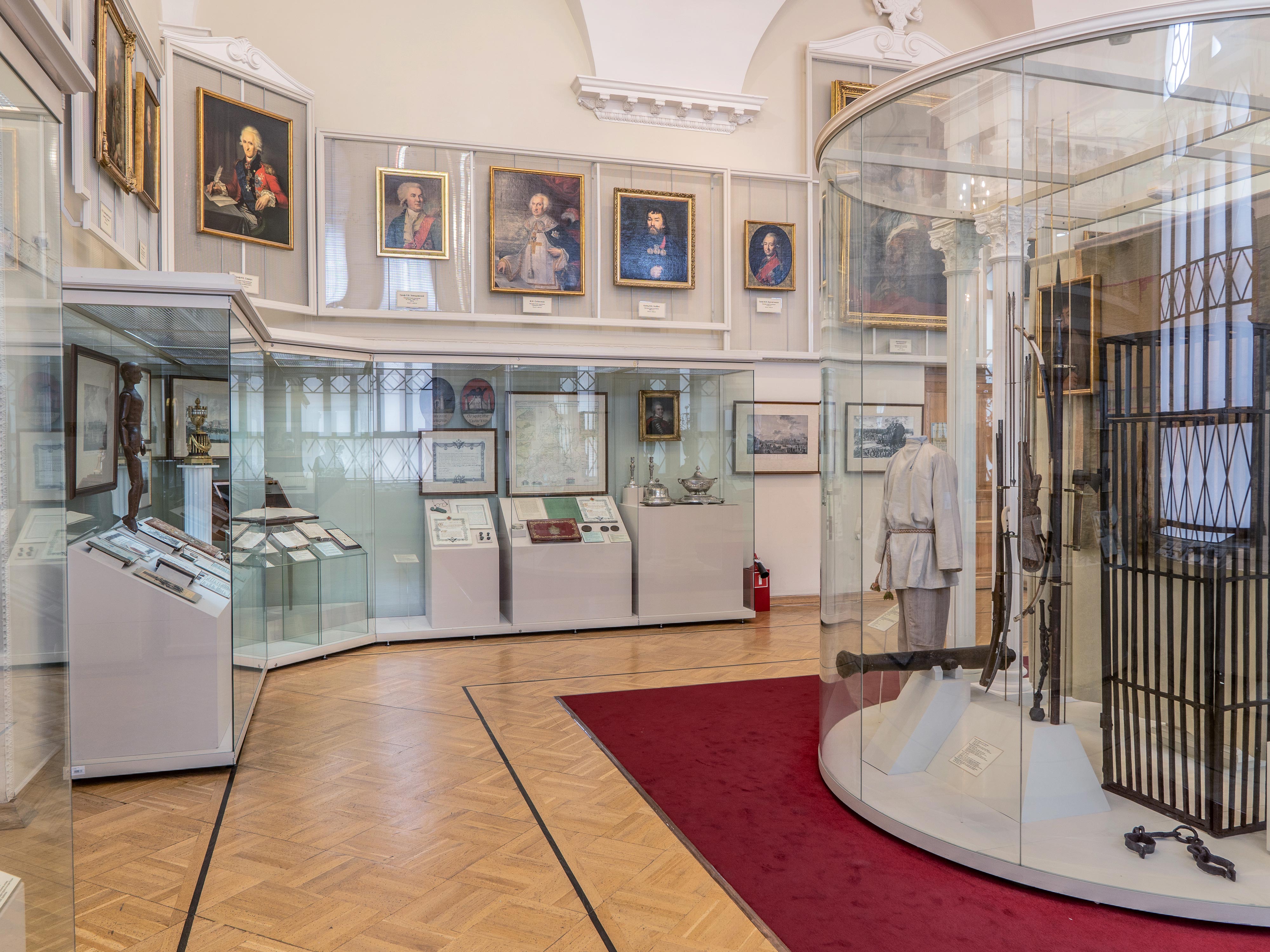
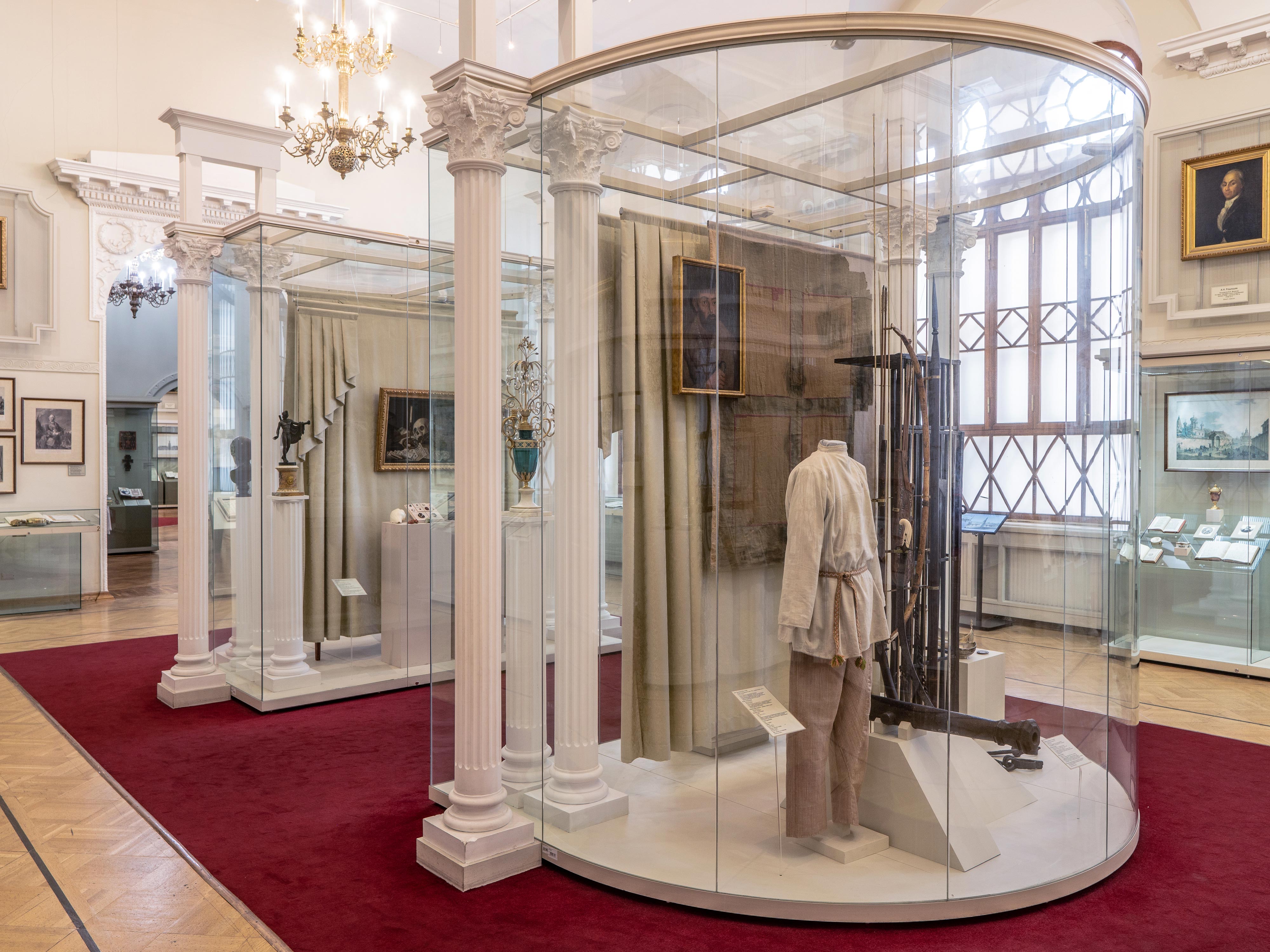
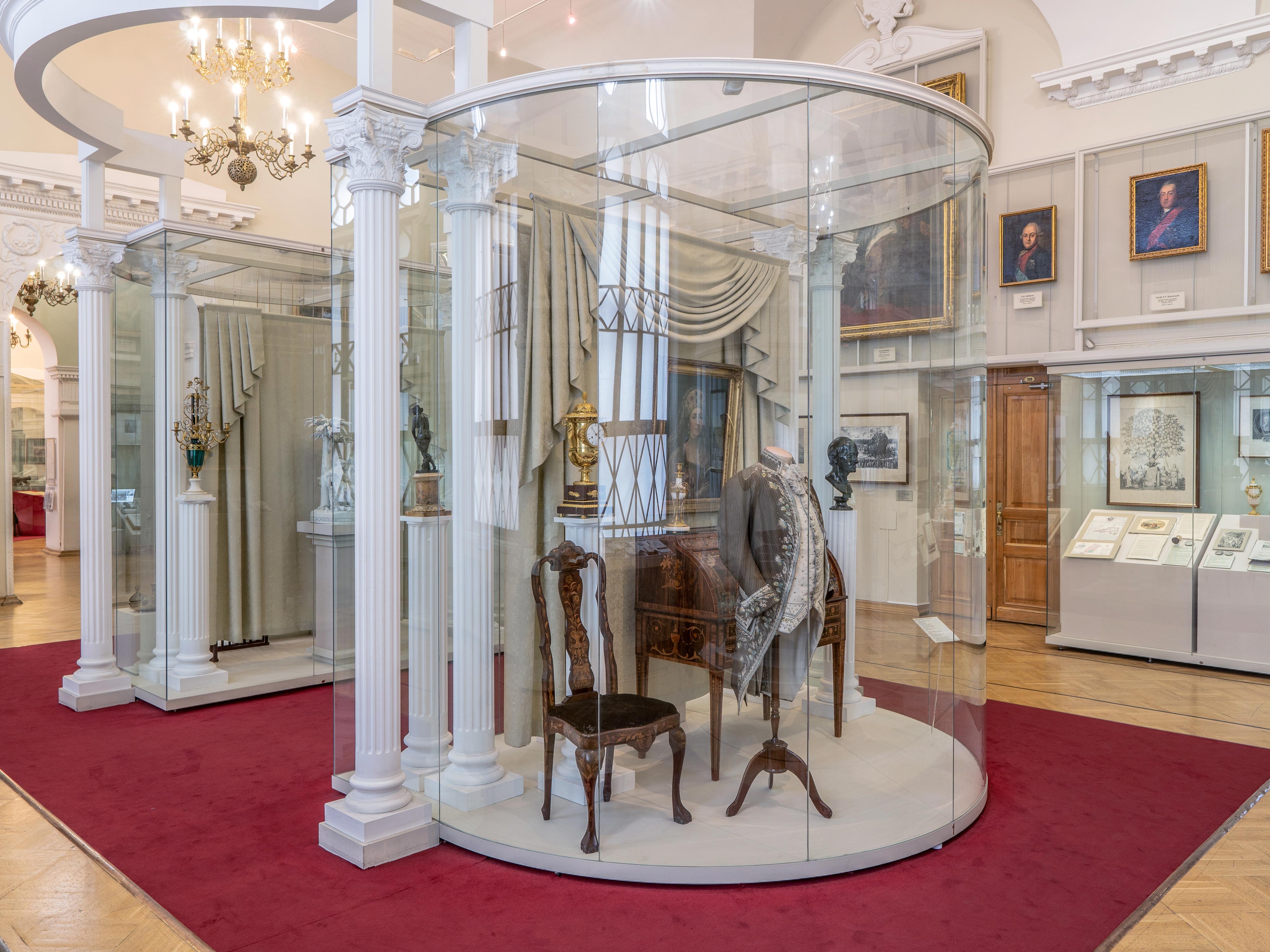
After the Palace coup of June 28, 1762, the Throne had been taken by Catherine II (1729–1796). The Empress envisioned a strong ideal state as a governable, structured society, subject to reasonable laws. In 1760s Catherine started with secularization of Church lands and the State General land surveying; reorganization of the Senate and declaration of freedom of economic activity; in the 1770s Catherine carried out her major key reforms – the reform of local government and the Courts, their unification throughout the Empire.
Charted diplomas of 1785 granted to the Nobility and the cities completed the process of legislative registration of class rights of the Nobility and the urban population. For the first time in Russia were elected institutions of class self-government of nobles and town citizens.
Convening in 1767 the Commission to draft a new set of laws – the Code – became one of the most essential events of the reign of Catherine II. Members of the Commission were deputies elected from various estates (except serfs). As a guide, Catherine wrote for them "Nakaz" (an order), that determined the main guidelines of her policy. The draft laws prepared by the deputies were later used in legislative work of the Empress.
Catherine II considered the development of education to be one of the most important tasks of her reign. In the 1760s, a number of closed class educational institutions were created – the Smolny Institute, orphanages in Moscow and St. Petersburg, the school at the Academy of Arts. The Gentry Corps were reformed. In the 1780s public schools that worked on a unified program were opened in the County and provincial cities. Thus, system of primary and secondary education was created in Russia.
The era of Catherine II became the time of rise of Russian culture. The Empress in every possible way facilitated revitalization of intellectual life in Russia, raising the task of formation of the cultural environment to the rank of State policy. The process of the formation of the Russian nation accelerated in the end of XVIII Century, accompanied by rising interest in the historical past of the country and folk culture.
The success of education in Russia coexisted with serfdom, that the advanced social thought has already viewed as a restrain to the development of the Country. In 1773–1775 the Empire was shaken by the large-scale people's uprising led by E.I.Pugachev (1742–1775).
